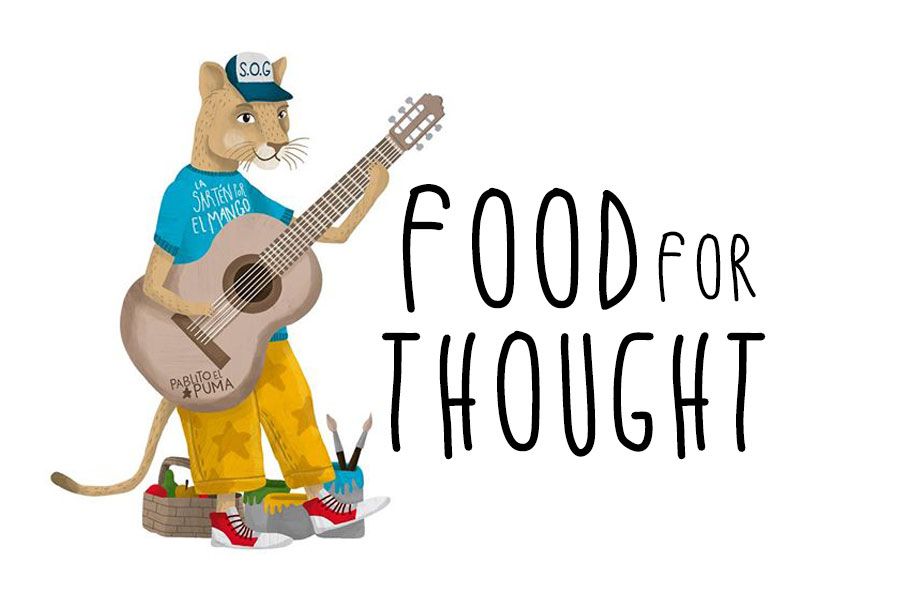When I hear the words ‘rich’ and ‘poor’, I immediately have an idea about what they mean. The ‘rich’ are a particular group of people in society who have a lot of money and power at their fingertips. The poor are a group of people at the other end of the scale. They have no money and therefore no resources.
In this world, if you are rich then you can achieve anything you want! Money equals power, fame, and freedom. The most obvious representation of this is the president of the United States. His power, money, and fame landed him one of the most influential positions in the world where he has all of the freedom that he needs. We can place Mr Trump in the rich category.
So, who can we place in the poor category? If you don’t have resources, then you don’t have freedom, fame or power. For this reason, we can’t name any famous poor people. Those deemed to be at the poor end of the scale are less desirable, receive less attention and more often than not are actively ignored. The prime example of this is someone begging on the street. This person is perceived to be dirty and smelly, and maybe 1 out of 50 people will pay some attention the her/him, and pop some money in their cup. If Justine Bieber or Kim Kardashian was standing 5 meters away from that person, you could imagine the amount of attention they would be receiving.
I like the way my mum Judy always put it, ‘we are rich in the things that count’. If we apply that philosophy to the rich/poor idea, we can flip it on its head. What are the things that Judy is talking about that really count in the whole scheme of things, besides food and shelter? True connection, doing something that we love, feeling fulfilled? I see value in those things. We can be rich in the things that count without having a lot of money and no power nor fame. That is a difficult message to present to the young of today when most media, especially social media and advertising, is pointing in the other direction. You must consume, you must own things, shiny things, and you must be liked by many (or receive the ‘likes’ of many).
If we look beneath the thin layer of social media, you could say the opposite of what Judy says, ‘we are poor in the things that count’. Are our Instagram selfies true connection? Do we connect face to face with friends and family? Do we love our job or do we have hobbies that fulfil us? Or do we spend hours and hours on social networks chewing up the precious time that could be used by doing something that they love?
So, are we rich or are we poor? It really depends on where our true values lie. What are we presenting to our children? Where do they get their information from? Is the information from a system or from the best examples of people in society? What is our message of rich or poor that are we delivering to the kids of today? I ask these questions because within the context of where I am working, the answers to these questions have bad answers. I would like to know if it is a local thing, or is it international? And what can we do about it?
